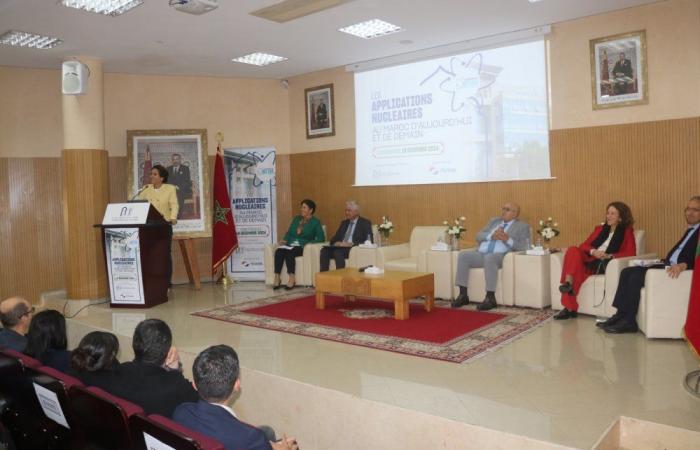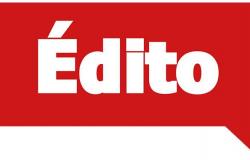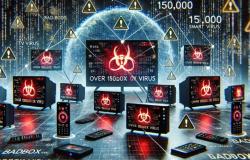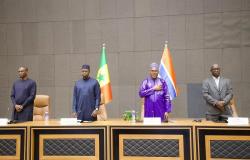The Mohammed V University of Rabat and Women in Nuclear Morocco (WiN Maroc), in collaboration with NUVIA, organized on December 18, 2024 a day dedicated to nuclear applications in Morocco. Hosted at the Benabdeljalil Amphitheater, this event made it possible to take stock of the Moroccan nuclear sector, explore its future prospects and debate the technological and socio-economic issues that arise from it.
The opening session, chaired by Khadija Bendam, president of WiN Morocco, and Professor Rajaa Cherkaoui, member of WiN Morocco and teacher at Mohammed V University, set the tone for this day of discussions. Leila Benali, Minister of Energy Transition and Sustainable Development, presented Morocco’s achievements in this area. Since 2021, 44.3% of the country’s installed electricity capacity comes from renewable energies, with savings equivalent to the consumption of the city of Meknes.
The minister also highlighted Morocco’s ambition to triple investments in renewable energies (ENR) by 2030 and to explore nuclear technologies, notably small modular reactors (SMR), in order to strengthen the energy transition. Peaceful nuclear power also plays a growing role in sectors such as health (radiotherapy and imaging), industry, agriculture and research, thanks in particular to the CNESTEN reactor.
The interventions of Said Mouline, Managing Director of AMSSNuR and of Benmansour (CNESTEN) highlighted Morocco’s role in regulation, radiological safety and security and international cooperation. Experts such as Professor Nouzha Ben Rais Aouad and the Prof Zoubir Ibrahim provided scientific perspectives on innovation and nuclear uses in medicine.
Thomas Dubruile presented the latest generation reactors, innovative nuclear systems designed to strengthen safety, improve sustainability, optimize energy efficiency and significantly reduce nuclear production. radioactive waste.
Major themes covered included: nuclear applications for energy transition and the decarbonizationadvances in nuclear medicine in the treatment of cancer, technological innovations (SMR, nuclear fusion) and sustainable waste management.
The event also highlighted the central role of women in the nuclear field and the importance of an inclusive and sustainable energy transition. This day demonstrated that nuclear power, combined with renewable energies, constitutes a strategic lever to respond to Morocco’s energy and climate challenges.






